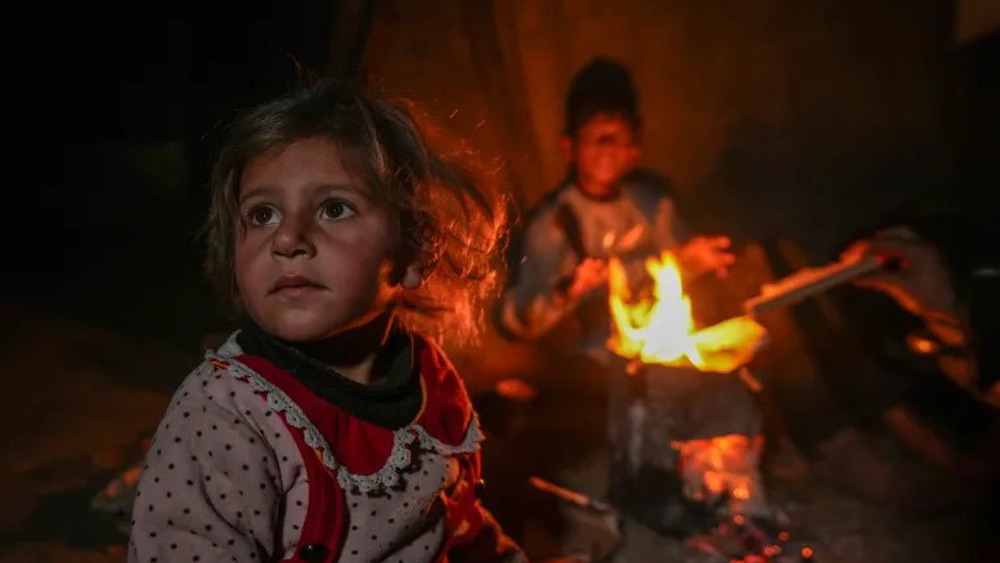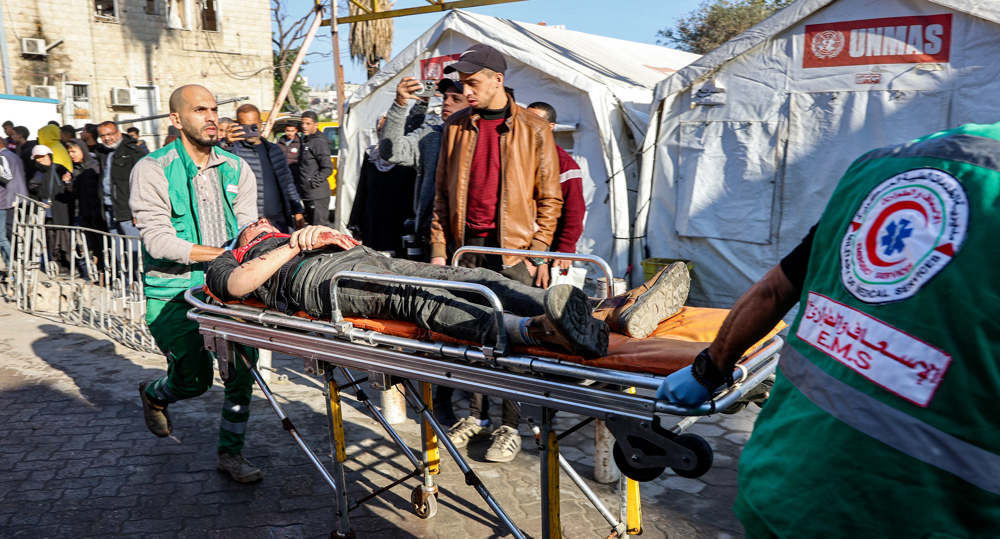Israeli court upholds sentence for soldier in deadly shooting
A military court in Israel has rejected an appeal by Sergeant Elor Azaria, upholding the 18-month sentence issued against him over fatally shooting an unarmed and severely-wounded Palestinian.
Back in March 2016, the Israeli soldier shot dead Abdel Fattah al-Sharif, a 21-year-old Palestinian who was lying immobile on the ground, following an alleged stabbing attack in the West Bank city of al-Khalil (Hebron). The killing, which was captured on a three-minute video, prompted widespread international condemnations.
The Sunday’s verdict called the soldier's actions "grave, forbidden and immoral," with the 21-year-old French-Israeli due to enter prison on August 9, unless there is another appeal.
Military leaders denounced Azaria's actions but right-wing leaders, including Prime Minister Benjamin Netanyahu, have urged a pardon for him.
"My opinion has not changed when it comes to granting pardon to Elor Azaria and remains consistent to what I said after the verdict," he said in a message posted on his Twitter account.
Minister of military affairs Avigdor Lieberman urged “the Azaria family not to continue the appeal process."
"This is not an easy day, but it is the verdict, and the court must be respected," he said.
The hardline minister said Azaria could request a pardon from the military chief of staff, Gadi Eisenkot, who in his turn said in a statement on Sunday that he would "seriously" consider reducing the jail sentence.
The New York -based Human Rights Watch, however, welcomed the ruling.
"Upholding the conviction of a soldier convicted of fatally shooting a man who posed no threat sends an important message about restrictions on lethal use of force," Sari Bashi, the Israel and Palestine advocacy director at the HRW, said.
Fathi al-Sharif, an uncle of the murdered Palestinian, slammed the sentence as not enough.
"If the killer was Palestinian and the victim was Israeli, the sentence would have been life term in jail," he said.
"We are against any violence from any side," he said, adding "the only way out of this violence is peace."

Azaria was convicted in January and sentenced in February. The United Nations human rights office said his 18-month sentence was an “unacceptable” punishment for “an apparent extra-judicial killing,” while Amnesty International said it did “not reflect the gravity of the offence.”
He was placed under house arrest on July 20, when Azaria’s mandatory three-year military service ended.
The occupied Palestinian territories have witnessed new tensions ever since Israeli forces introduced restrictions on the entry of Palestinian worshipers into the compound in East Jerusalem al-Quds in August 2015.
More than 300 Palestinians have lost their lives at the hands of Israeli forces in the ongoing tensions since the beginning of October 2015.
Tel Aviv has tried to change the demographic make-up of Jerusalem al-Quds over the past decades by constructing settlements, destroying historical sites and expelling the local Palestinian population. Palestinians say the Israeli measures are aimed at paving the way for the Judaization of the city.
The al-Aqsa Mosque compound is a flashpoint site, which is also holy to Jews. The mosque is Islam’s third holiest site after Mecca and Medina in Saudi Arabia.
‘All wars have rules. All of those rules have been broken’ by Israel
VIDEO | Report flags India’s violation of rights of Rohingya detainees
Turkey's foreign minister meets Syria's de facto leader in Damascus
'Next to impossible' to rescue patients from Gaza's Kamal Adwan Hospital: Director
VIDEO | Vietnam current prosperity
Report blames gasoil exports for shortage at Iranian power plants
VIDEO | Hind Rajab Foundation names Israeli war criminals vacationing after Gaza genocide
VIDEO | Australians rally for Gaza ahead of Christmas festivities















 This makes it easy to access the Press TV website
This makes it easy to access the Press TV website